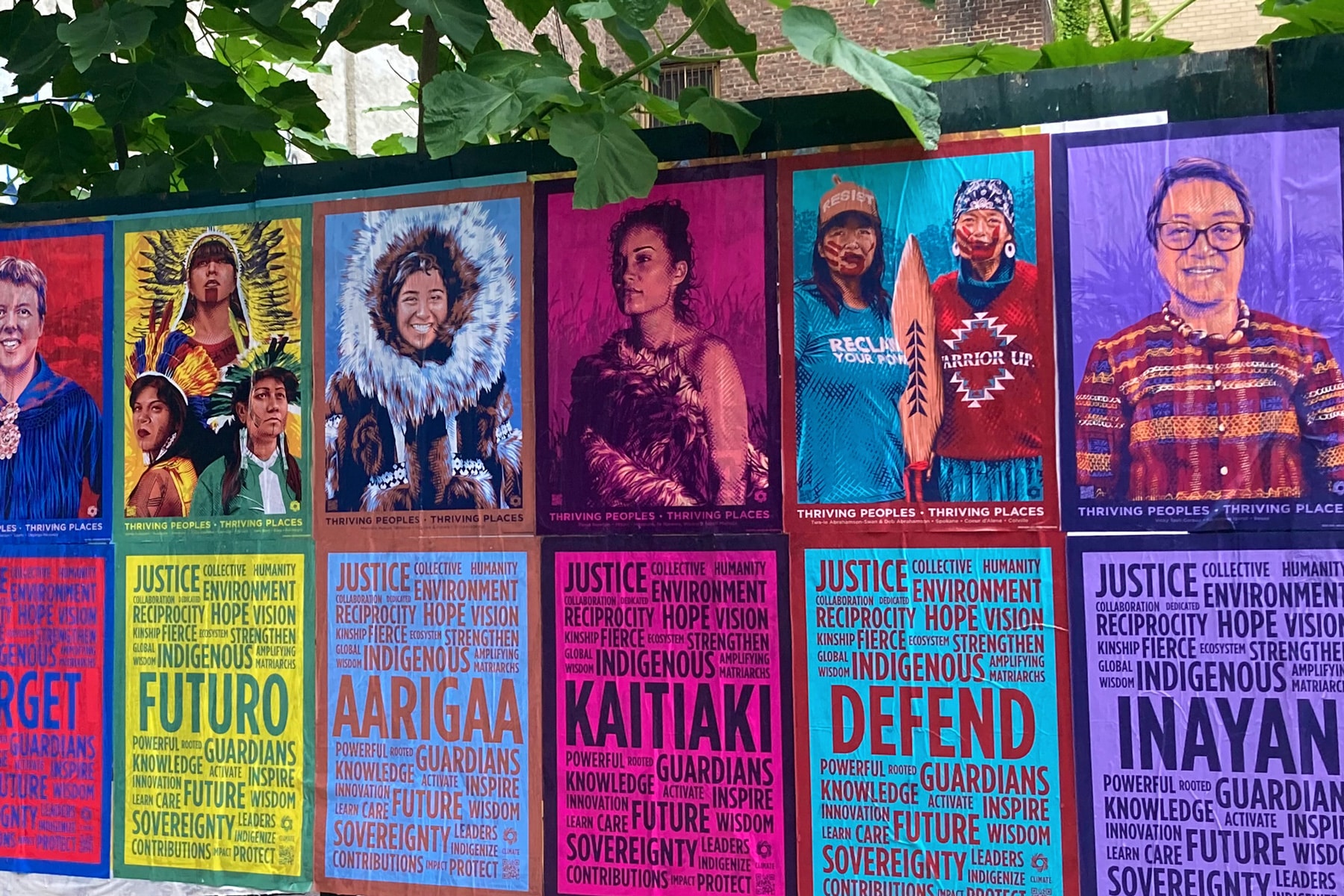Indigenous Peoples Day is For Everyone

by Preston Van Vliet (they/him)
This Indigenous Peoples Day, spend some time learning about the state and federally recognized tribes in your state. Learn about their original treaties with the United States, and even read up on their constitutions and ordinances. Do some digging around gubernatorial Executive Orders pertaining to how state and local governments should engage with tribal governments. Federally recognized tribes have their own governments and have inherent sovereignty; their governments pre-existed the United States and in fact, their governments – specifically the Haudenosaunee government – influenced the development of the republic that we have today.
The people indigenous to this land are still here today, miraculously, despite the systemic ways the United States has historically tried to destroy indigenous cultures. Indigenous people today are still very much fighting for their communities, their cultures, and the welfare of this land. The Supreme Court has immense influence on the powers that federally recognized tribes have and the courts are where many battles for indigenous survival are now taking place. To learn more about district, circuit, and Supreme Court cases that involve tribes, check out the Turtle Talk blog.
Throughout the course of passing treaties with Native communities in the 1700s and 1800s and as affirmed in Supreme Court cases in the 1800s, the federal government’s relationship to federally recognized tribes is classified as trust and trustee relationship. Essentially, in exchange for this land, the federal government agreed to uphold and protect tribal sovereignty and must ensure the health, safety, and welfare of the tribes. As you might imagine, the federal government has continuously failed to do so, by severely underfunding resources for tribes, by using various means to take away tribal lands and mismanaging tribal lands, and in many other ways.
Because of the federal government’s failures to live up to the federal trust relationship, Native people face some of the worst health disparities – they need paid leave. We must think about missing and murdered indigenous women, girls & relatives, who face the highest rates of interpersonal violence, often at the hands of non-Natives – these survivors and their families need paid safe leave. Join the MMIWGR movement.
We can educate ourselves about funding streams for federally recognized tribes and advocate for increased funding. We can educate ourselves about the federal Not Invisible Act Commission and their legislative recommendations for adequate funding to tribal communities to better support families of Missing & Murdered Indigenous Women and Relatives.
Our fight for the care economy needs to support Native communities and we can advocate in ways that honors the tribal sovereignty of Native nations together.
Photo credit: Amplifier in partnership with Nia Tero, ‘Thriving Peoples. Thriving Places.’ campaign